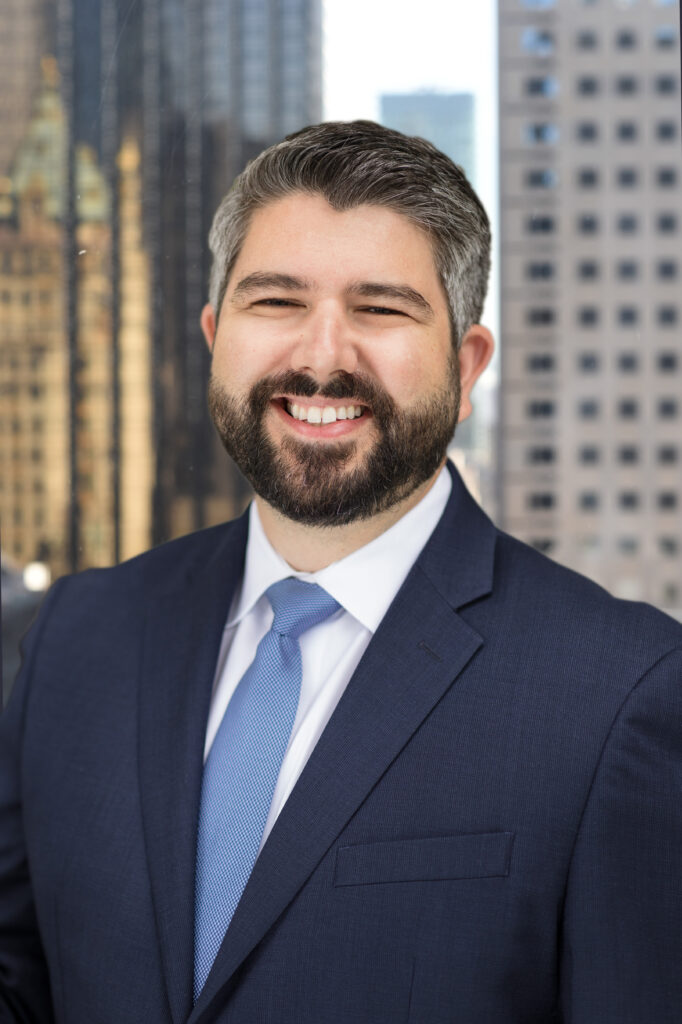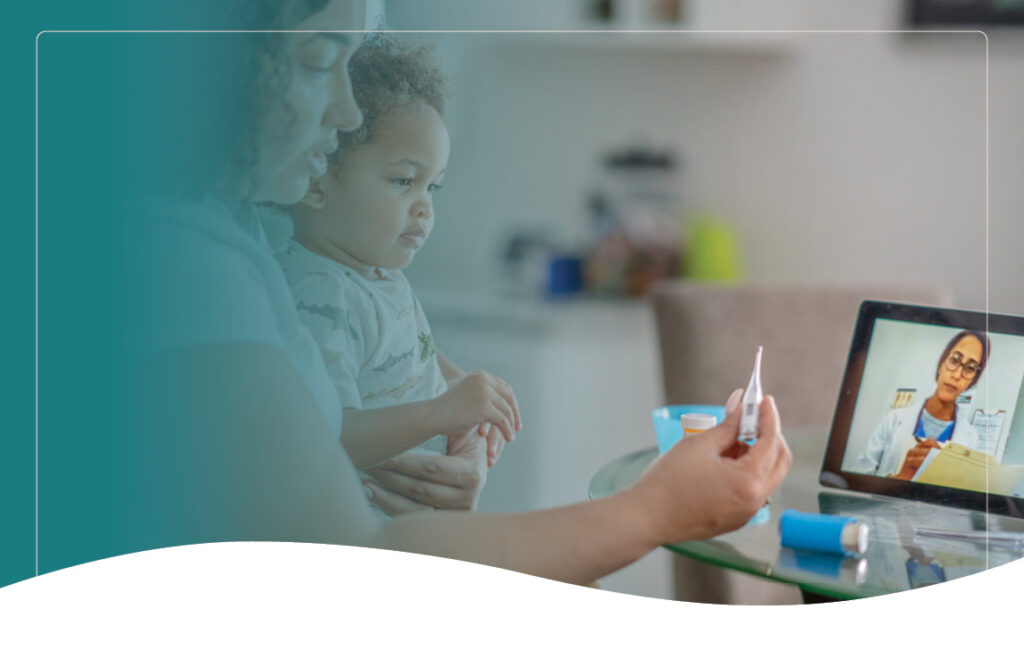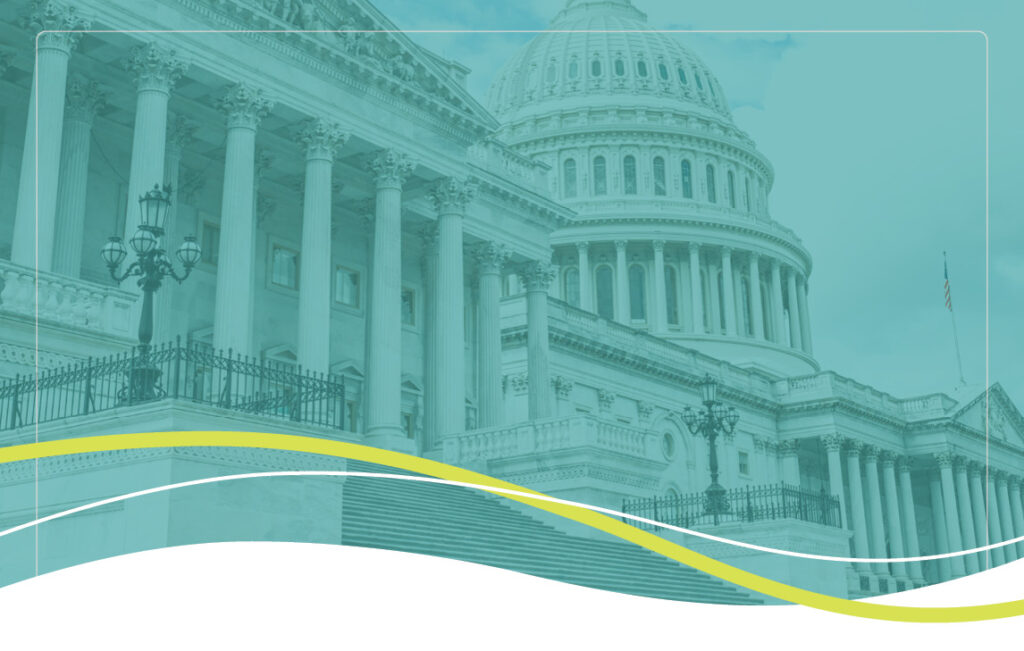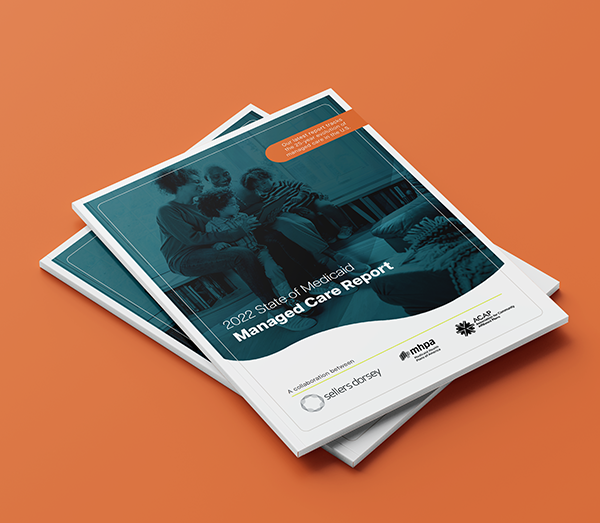Transforming Child Welfare in California

Partnering Across Medicaid and Managed Care to Improve Outcomes
California has made tremendous strides in transforming its child welfare system over the past decade. At the heart of these reforms has been a deliberate focus on prioritizing family connections for children and youth who have experienced separation from their parents. In recognition of the deep, irreplaceable bonds children share with their families, California has set an ambitious course toward reducing reliance on institutional care and instead placing children with relatives or extended family members whenever possible.
Thanks to a decade of reforms, California has successfully reduced the number of youth placed in congregate care settings by an impressive 60%. Equally significant, first placements with relatives have increased by 53%, while permanent placements with relatives or extended family have surged by 92%. Even more encouraging, the California Department of Social Services reports that 75% of youth whose first placement was with a relative, and who remain in care after 12 months, are still with that relative. These are not just numbers—they represent real children, youth, and families whose lives have been fundamentally changed by the state’s commitment to keeping children connected to the people who know and love them best.
This year, California took another bold nation-leading step by reforming how the state pays for child welfare placements, focusing on the needs of the child and creating new fiscal incentives to prioritize placing children with family and kin. These reforms signal a clear recognition that the needs of the child must always come first. By aligning financial incentives with the best interests of the child, California is leading the way in creating a child welfare system that supports family-based care.
Additionally, the proposed Behavioral Health Community-Based Organized Networks of Equitable Care and Treatment (BH-CONNECT) waiver promises to further these goals by ensuring that foster youth, including those in kinship placements, have access to comprehensive behavioral health services. BH-CONNECT is designed to integrate behavioral health care within the broader context of California’s ambitious California Advancing and Innovating Medi-Cal (CalAIM) initiative, which aims to reform Medicaid and provide whole-person care for vulnerable populations.
CalAIM is transforming how California’s Medicaid program (Medi-Cal) delivers care by focusing on prevention, addressing social determinants of health, and enhancing coordination between physical, behavioral, and social services. For children and youth in foster care, BH-CONNECT provides a critical link by ensuring that behavioral health services are not only available but are effectively integrated into the broader health and support system. By doing so, it addresses the unique needs of foster youth who often face trauma and mental health challenges.
But we cannot stop here. As we look ahead, we must continue working across sectors and disciplines to realize the full promise of these reforms. The future of California’s child welfare system lies in our ability to leverage partnerships with Medicaid and managed care plans to create systems of care that are tailored to the needs of youth. This requires a commitment to using data to better understand how these reforms are working in practice and to ensure that the outcomes we hope to achieve are being realized on the ground.
Equally important, we must continue building public-private partnerships to ensure that every child has the opportunity to live a healthy and thriving life. This is not a task for the government alone. Communities, philanthropies, and private sector partners all have critical roles to play in creating the supports that children and families need.
Key Considerations for Child Welfare Agencies and Medicaid Managed Care Plans:
- Formalize relationships through a Memorandum of Understanding (MOU): Establish a formal partnership between child welfare agencies and managed care plans to ensure collaboration and shared accountability.
- Develop a data-sharing agreement: Create mechanisms to securely share data across systems, enabling both sectors to better serve children, track outcomes, and improve services based on real-time information.
- Holistically connect initiatives: Intentionally align various initiatives—such as BH-CONNECT and CalAIM—in a way that centers on the needs of the child, ensuring a cohesive and integrated system of care that supports the whole person, not just isolated aspects of their well-being.
By embracing these steps, we can create a more comprehensive, child-centered approach to care and ensure that our systems are working together to improve the lives of California’s most vulnerable children. These partnerships will allow us to move beyond siloed efforts and build a stronger, more resilient framework of support that addresses the unique challenges children in foster care face. The alignment of data, services, and initiatives will foster a more agile and responsive system, helping ensure that every child receives the care and support they need to thrive. Ultimately, it’s through these intentional collaborations that we can drive meaningful change and build a future where every child is given the opportunity to reach their fullest potential.
Marko Mijic is the former Undersecretary of the California Health and Human Services Agency and is a Managing Director at Sellers Dorsey’s California practice. Katie Renner Olse is former CEO of the Texas Alliance of Child and Family Services and is Sellers Dorsey’s Senior Director for Child and Family Well-Being.





